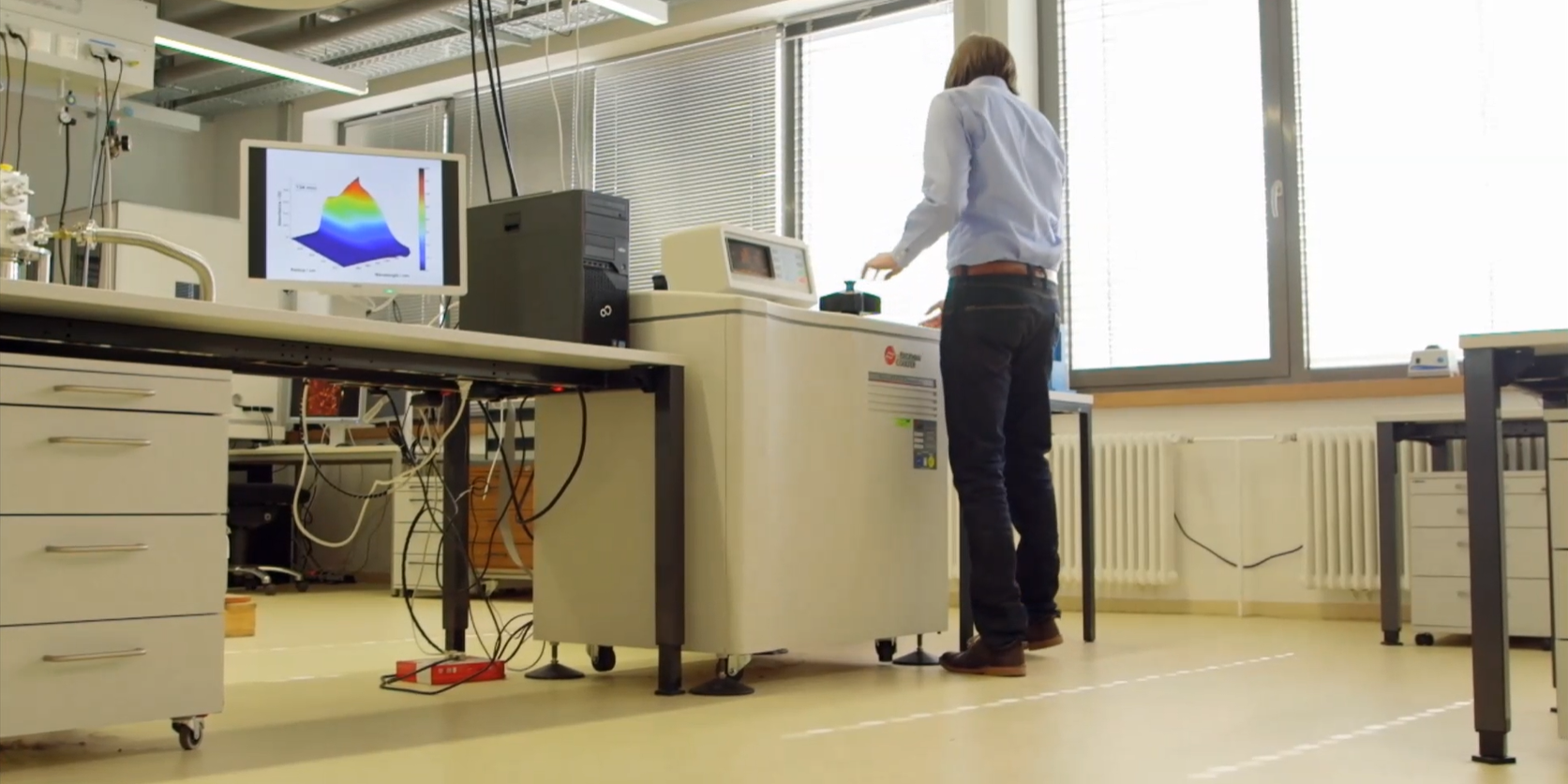Research
Brief Research Synopsis
The key objective of the institute is to tailor the macroscopic properties of particulate systems by the microscopic design of particles and interfaces. Starting from in-depth understanding of particle interactions at the molecular level, methods of particle synthesis and processing are examined across all hierarchical levels. Particles are produced by bottom-up methods in the gas and liquid phase in addition to top-down approaches including sprays, comminution and emulsification. In these activities we are systematically expanding the tool box of particle technology. Recent developments include studies of the early stages of particle formation,the development of non-linear optical spectroscopy for the characterization of interfaces, and the use of nanomechanical approaches to understand the behavior of particles in contact (defect formation, fracture, adhesion, friction). Besides state-of-the-art synthetic and analytical laboratories, pilot scale plants for fluidized bed technology are available. The institute’s experimental work is complemented by cutting-edge modeling activities including molecular dynamics and continuum approaches (MD, CFD, population balances models). Using the highly interdisciplinary methodology of particle technology, a wide spectrum of fundamental and applied topics is addressed, stretching right from a molecular viewpoint up to the formulation of particles for specific industrial applications in the fields of biotechnology and chemical, electronic, energy, food, pharmaceutical, printing industries.




